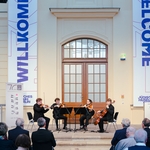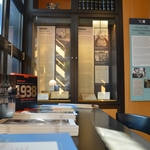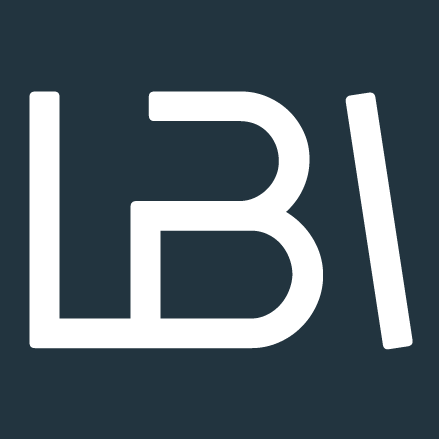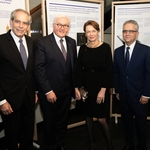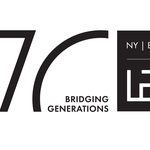2015 Gerald Westheimer Fellows
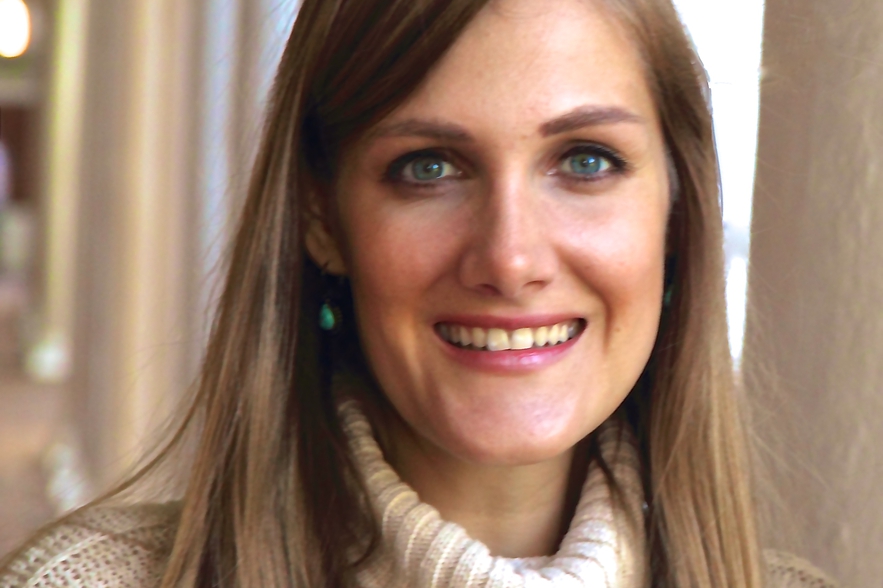
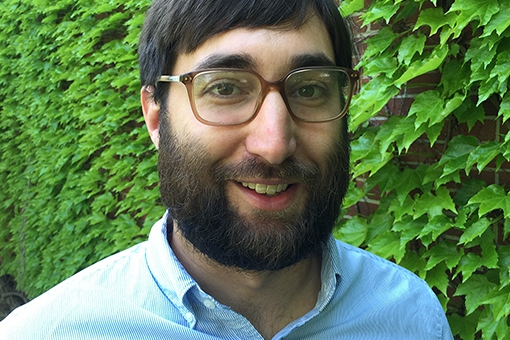
- Date
- Tue, Jun 14, 2016
Thanks to the generosity of Professor Gerald Westheimer, LBI supports fellowships for scholars who are early in their careers to pursue research on the social, cultural, and academic aspects of the life of Jews in German-speaking countries between the time of Moses Mendelssohn and the Third Reich and its aftermath. LBI is proud to introduce the Gerald Westheimer Career Development Fellows for 2015–2016 and their projects.
Kerstin Steitz is Assistant Professor of German at Old Dominion University in Norfolk, Virginia. She received her PhD in Germanic Languages and Literatures in 2014 from the University of Virginia. Her project is entitled “Im Labyrinth des Frankfurter Auschwitz-Prozesses: Fritz Bauer and the Literary and Filmic Re-working of the First Major Trial against Nazi Perpetrators in Postwar Germany:”
What dimensions of the Holocaust can literary and filmic reworkings of the Frankfurt Auschwitz trial (1963–1965) commemorate and convey that do not fit easily into the concepts, practices, and purposes of the legal trial? While legal scholars and historians have examined the first major Holocaust trial in West Germany, there has been no systematic examination of the literary and filmic reworking of this important legal attempt to work through the past. To close this research gap, I will compare the Holocaust narratives of the Frankfurt Auschwitz trial to those of texts and films engaging directly with it. German-Jewish and German authors, such as Jean Améry, Hannah Arendt, Peter Weiss, and Grete Weil, to name a few, use the Frankfurt Auschwitz trial, its documents, and unofficial transcripts as Vorlage to rework the material and to open new perspectives on the facts and narratives established by the trial.
I will argue that the literary and filmic reworkings of the Frankfurt Auschwitz trial go beyond the accusatory and punitive functions of the trial: they narrate, investigate, and commemorate aspects that the trial either failed to consider or misrepresented, such as affects, the origins of the Holocaust, the organizational structure of Auschwitz, and the suffering of the victims, especially the specific experiences of women. Thereby, the texts and films contribute significantly to the working through and the memory of the Holocaust, for which the criminal trial performs the preparatory work. The 2014 film by Giulio Ricciarelli, Im Labyrinth des Schweigens, about the background of the Frankfurt Auschwitz trial, demonstrates that the impact of this trial on the memory and imagination of the Holocaust and the artistic dealing with the past still continues until today.
Matthew Handelman is Assistant Professor of German at Michigan State University, East Lansing, MI. He holds a PhD in Germanic Languages and Literatures from the University of Pennsylvania, Philadelphia.
As a Gerald Westheimer Career Development Fellow, I am working on my book, tentatively entitled Alternative Enlightenment: Mathematics and German-Jewish Modernity. My book is an archeology of the constructive role that mathematics played in shaping German-Jewish modernity. The story it tells starts with the emancipatory and inclusionary potential of mathematics for German-Jewish philosophers in the Enlightenment. It culminates in a project shared by Gershom Scholem, Franz Rosenzweig, and Siegfried Kracauer that employs metaphors from mathematics to rescue and continue the Enlightenment promise of an inclusion of difference in a world threatened by the homogenization of religious assimilation, mass culture, and capitalism. This possibility hinged not on Einstein’s new physics or the post-Darwinian life sciences, but instead on mathematics’ intimate relationship to modern anxieties over language and knowledge, truth and faith.
That such potential may seem now surprising or even unlikely is, I argue, far less a relic of C.P. Snow’s division of the sciences and humanities into “two cultures,” than it is the conscious product of another interpretation of mathematics by German Jews, namely the Frankfurt School. Max Horkheimer and Theodor W. Adorno’s critical framework, which polemicized against mathematics’ alleged exclusion of language and the individual, covers up the emancipatory potential that the subject once provided for other forerunners of Critical Theory. Aimed at rehabilitating the productive role of mathematics in modern German-Jewish intellectual and cultural history, my book draws on a wide range of interdisciplinary sources and archives in the United States, Germany, and Israel. Alternative Enlightenment thus hopes to rediscover a prospective intellectual ally in mathematics that the humanities have long neglected due to its equation by the Frankfurt School with the type of instrumental reason that it associates with the Holocaust.
LBI Fellowships and Fellows
old.lbi.org/fellowships
